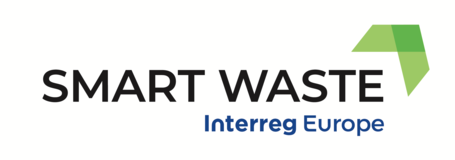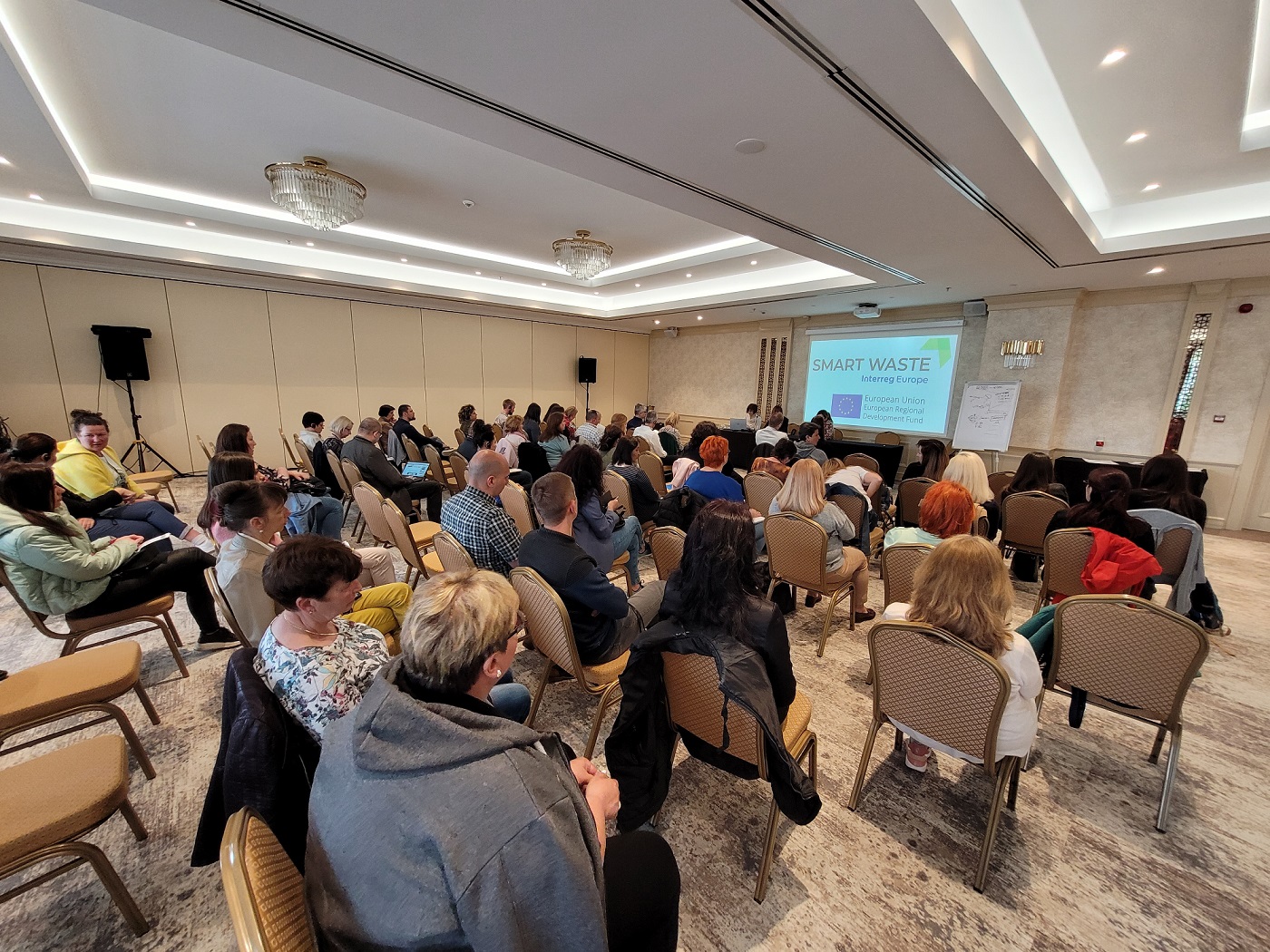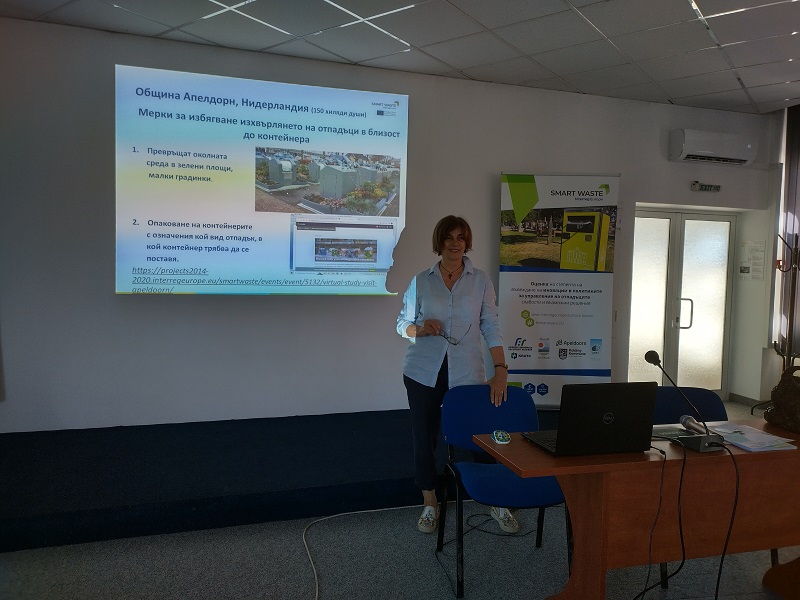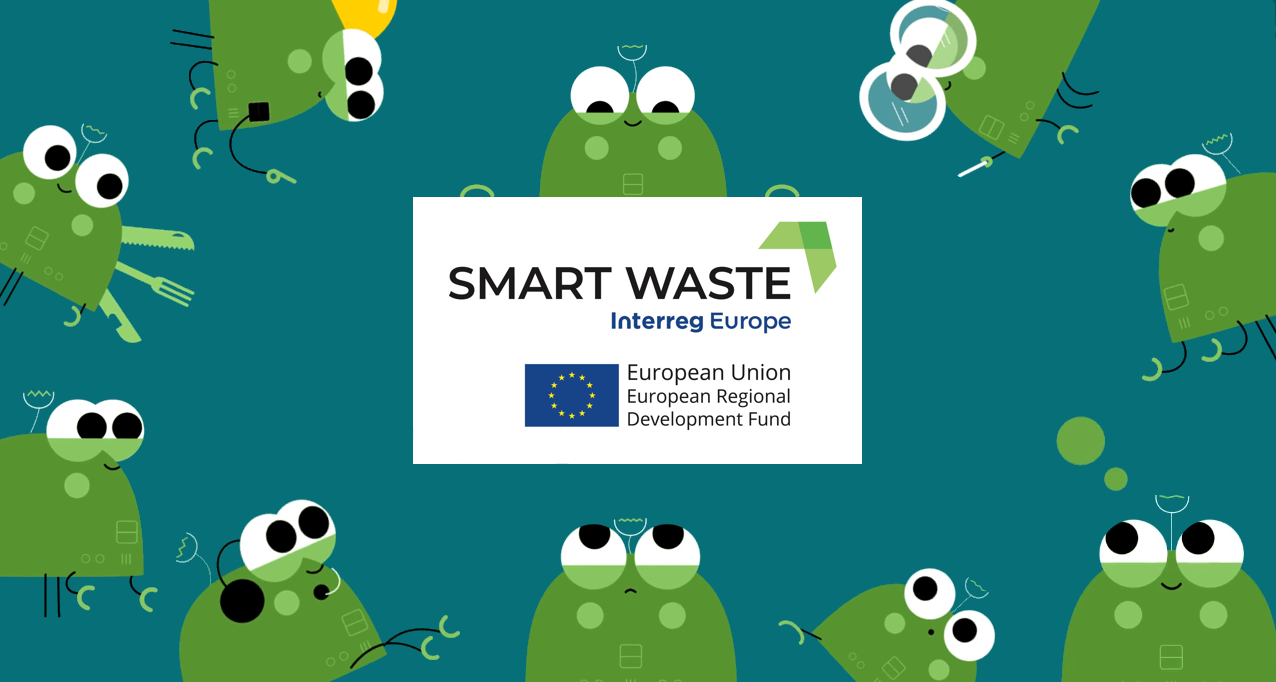In January 2022 the European Commission (EC) opened a public consultation to gather feedback on the upcoming amendments to the Waste Framework Directive (WFD). The EC’s Agenda includes the adoption of the amendments in the second quarter of 2023.
More specifically, this initiative intends to improve waste management in Europe by reducing waste generation also through re-use of products or components, reducing mixed waste and increasing preparation for re-use or recycling by improving separate collection.
According to the related call for evidence for an impact assessment, quantity of total waste generated in the EU has been increasing over the last decade, particularly the quantity of municipal waste. Therefore, the EU is not on course to meet its policy goal of reducing waste generation.
According to the European Environmental Agency (EEA) report on the topic of waste prevention in Europe, Member States (MS) rarely set targets and indicators in their Waste Prevention Plans. Moreover, according to the EEA assessments, over a half of MSs are at risk of not reaching the 2025 targets for preparation for re-use and recycling of municipal waste.
By amending the WFD, the EC aims to support decrease in waste generation, improvement of separate waste collection to yield optimal recycling results, as well as increase the amounts of waste oils collected and treated in line with the waste hierarchy.
The EC considers the following options:
- promote full implementation of the provisions on waste prevention, preparation for re-use and recycling;
- provide additional guidance on separate collection, waste re-use, preparation for re-use and recycling;
- improve citizen participation in separate collection;
- explain how to improve compliance with Extended Producer Responsibility (EPR) requirements.
The EC also considers the following measures:
- introducing overall and/or product-specific prevention measures and targets on waste reduction;
- expanding the role of EPR schemes to waste-prevention;
- introducing minimum requirements for source segregation and separate collection of waste for re-use and preparation for re-use and high-quality recycling of waste;
- reinforce the polluter pays principle by expanding EPR schemes to other product categories(ex. textiles and oils);
- improving enforcement of EPR requirements (in particular for products sold online in the EU);
- set waste oil collection and regeneration targets.
In general, the upcoming revision of the WFD will demand increased innovation in waste management, which is the core of the Interreg Europe SMART WASTE project activities.













